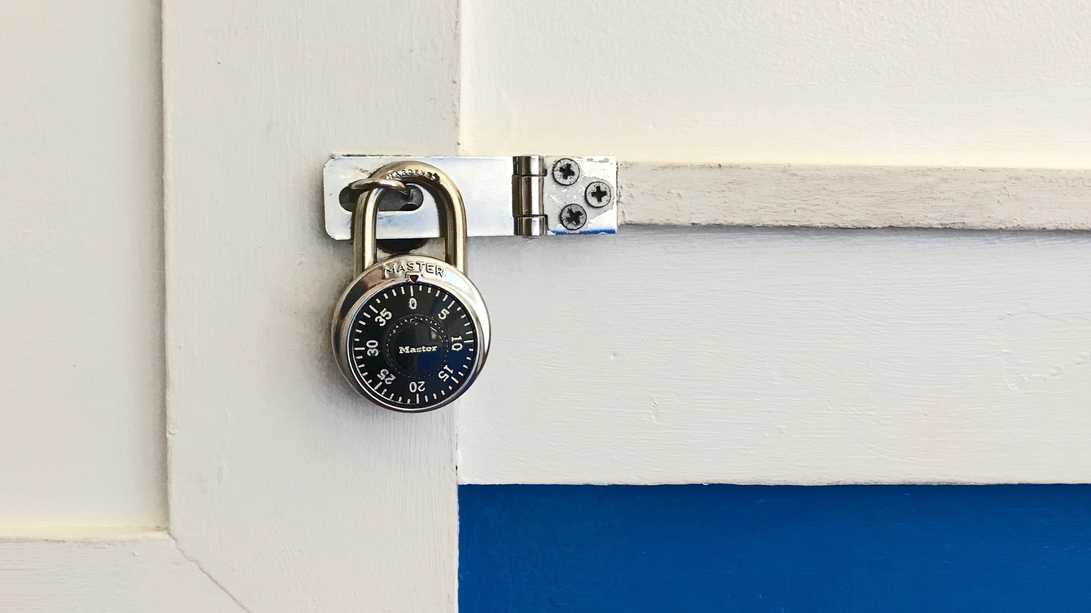Money. It’s nice to have. You can use it to go on holiday, pick up a perfect gift or indulge in a particularly great looking sandwich. However, sometimes there’s simply not enough, especially when it comes to large investments which require an upfront cost, or a great commitment. For many the easiest and most sensible solution is to take out a secured or unsecured loan – just what is a secured loan? What is an unsecured loan? Is one better than the other?
What is a secured loan?
Sometimes a secured loan is referred to as a ‘homeowners loan’, an indication of the requirements needed to take one out. This kind of loan is generally used to borrow an amount from £5,000 to £25,000, with the borrower’s property used as a security against the repayment. Needless to say, an applicant must already own a home (or other valuable property), or be in the process of buying one.
The amount that can be borrowed depends on personal circumstances and is largely dependent on the amount of free equity you have. Simply put, this is the difference between the value of your home and the amount owed on any mortgage. The lower the amount of free equity, the higher the amount you’re likely to be able to borrow.
What are the benefits of a secured loan?
Because property acts as a warranty, it generally allows a greater sum to be borrowed alongside lower interest rates. Likewise, the security means that secured loans are often easier to qualify for than other types, making them a good option for those rebuilding their credit score. Another benefit is that the repayment periods can be structured over a greater period of time, meaning repayments are often easier to manage in the long term.
What is an unsecured loan?
An unsecured loan is one that isn’t linked to a piece of collateral. Because of this, they are deemed riskier to the lender, often needing a good credit score to qualify. The sum borrowed is typically lower than that of a secured loan but they’re often a useful option for non-homeowners. Examples of unsecured loans include personal loans and student loans.
What are the benefits of unsecured loans?
Unsecured personal loans are generally available to the majority of people, making them an accessible means of getting funds. In addition to this, there is no risk of losing valuable property such as a home or car should you default on payments. Repayment can be arranged over a fixed period of time, with the maximum term generally lasting five years from the borrowing date.
It should be noted that these loans, especially smaller ones, can be expensive due to the higher interest charged compared to a secured loan. The best deals tend to be reserved for those with the best credit scores, so it’s worth ensuring yours is in the best shape possible before applying.
Is one better than the other?
Put simply, no. Both secured and unsecured loans can be useful depending on circumstance. However, should you have a home or other valuable property such as a car, secured loans tend to be a cheaper way of borrowing money, as well as enabling higher amounts to be loaned.
Are there alternatives?
Most types of loans fall under the category of secured or unsecured, from mortgages and car loans (secured) to the murky world of payday loans (unsecured). However, some kinds are more useful than others in certain scenarios. For example, using a 0% credit card can be cheaper and more flexible than taking out the equivalent small loan. These loans also take time to set up and there may be fees involved, so it’s worth carefully planning ahead before taking out any kind of loan.
If you’re thinking of taking out a loan, or simply want to find out more information, get in touch with IMC, our friendly experts would be delighted to offer balanced and fair advice, no matter your circumstance.

